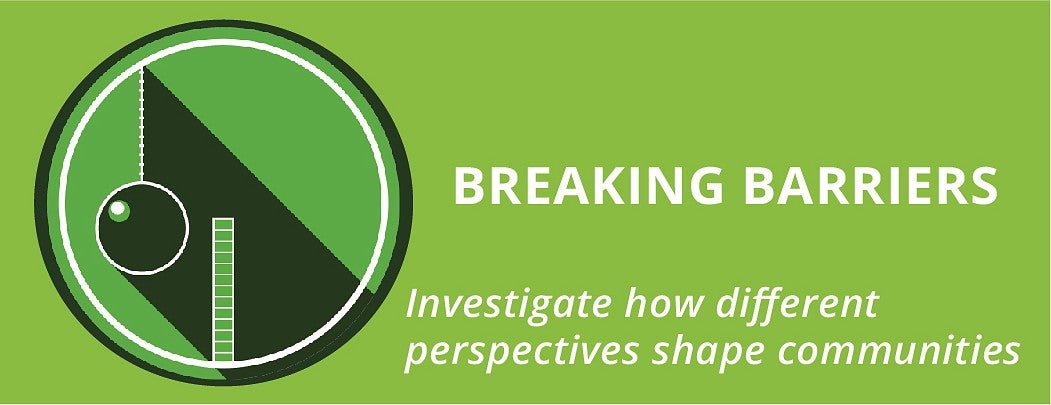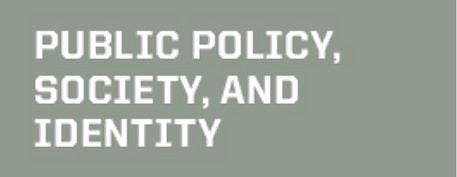
Are you interested in social issues? Do you care about social inequalities? In this FIG we explore questions of privilege and power in communities and the world, particularly considering how our seemingly personal human experiences are shaped by larger social/cultural/political processes (intersections) and how these are differentially structured and valued (hierarchies). We work together to engage these dynamics through fun collaborative social, research, and service learning experiences.
Students explore the intersection of topics by taking the following course package:
GLBL 199 FYE Seminar - FIG Seminar, 1-credit
This FYE Seminar is scheduled as remote, but will likely have in-person components in fall.
GLBL 101 Introduction to International Issues - CoreEd or major satisfying course, 4-credits
Hunger, intellectual property, global warming, arms trade, water rights, civil war, genocide, biodiversity loss, terrorism, education, global financial inequities, and immigration: These a just a few examples of the sometimes overwhelming list of challenges we face in a highly globalized world. Some are new but most have been with us for thousands of years. What have changed significantly and rapidly are our mobility and our access to information and images. Issues which a few decades ago may have seemed distant and disconnected are easily accessible through various media. Among the wide range of problems and issues faced by people throughout the world, who decides which issues get priority and attention? What informs your own sense of compassion and focus?
SOC 207 Social Inequality - CoreEd or major satisfying course, 4-credits
Our world is structured by unequal social relations that permeate all aspects of our lives. All societies have systems of stratification which result in the unequal distribution of economic, social, and political resources. These systems of stratification are complex, pervasive, and persistent yet highly variable. Focusing primarily on the United States, we will explore the structural bases of inequality by examining primarily three intersecting stratification systems: class, race, and gender. We will also examine some individual and collective experiences of people differently located in these systems of stratification. Through lectures, discussions, and videos, we will think critically about social inequality and how that’s reflected in our own social worlds and our personal experiences
FIG Theme:

Flight Path Themes:


